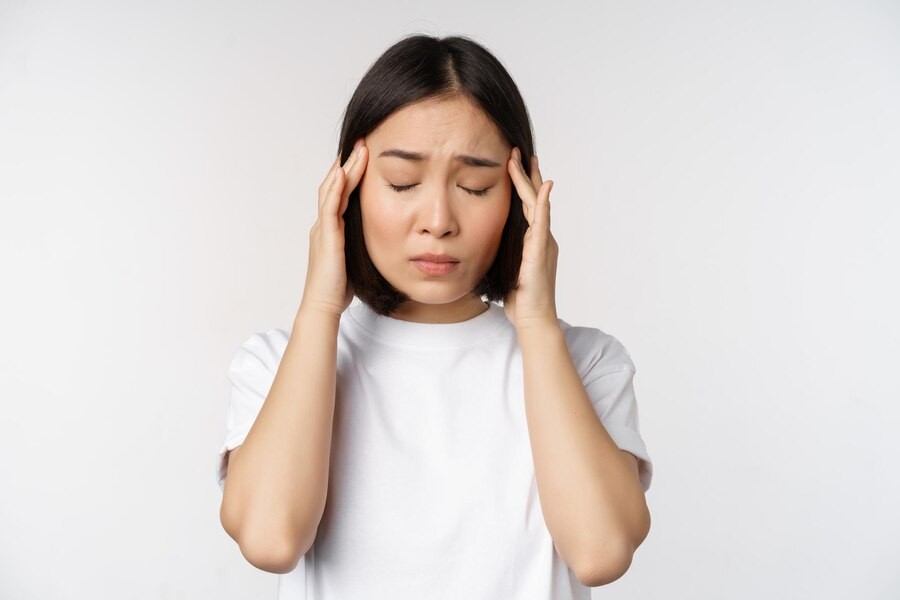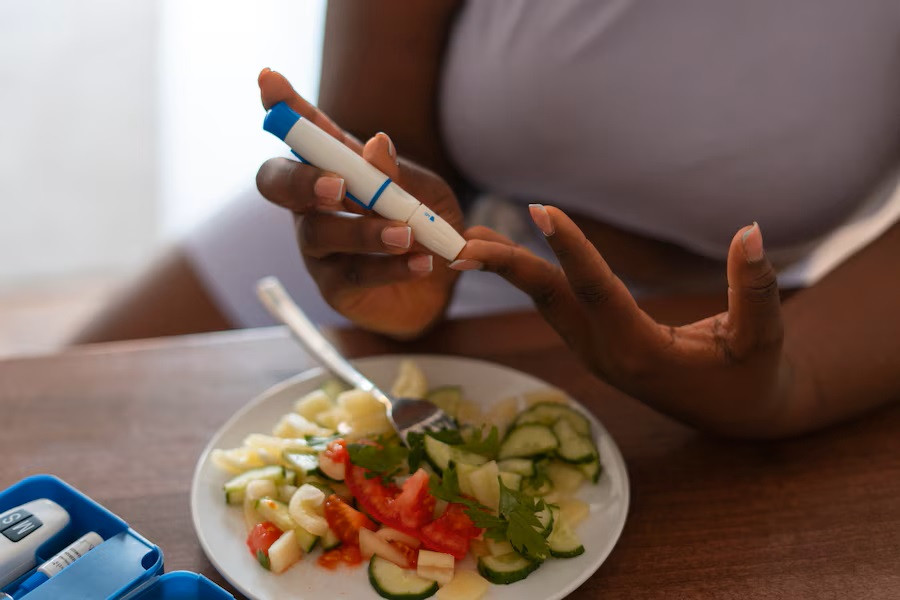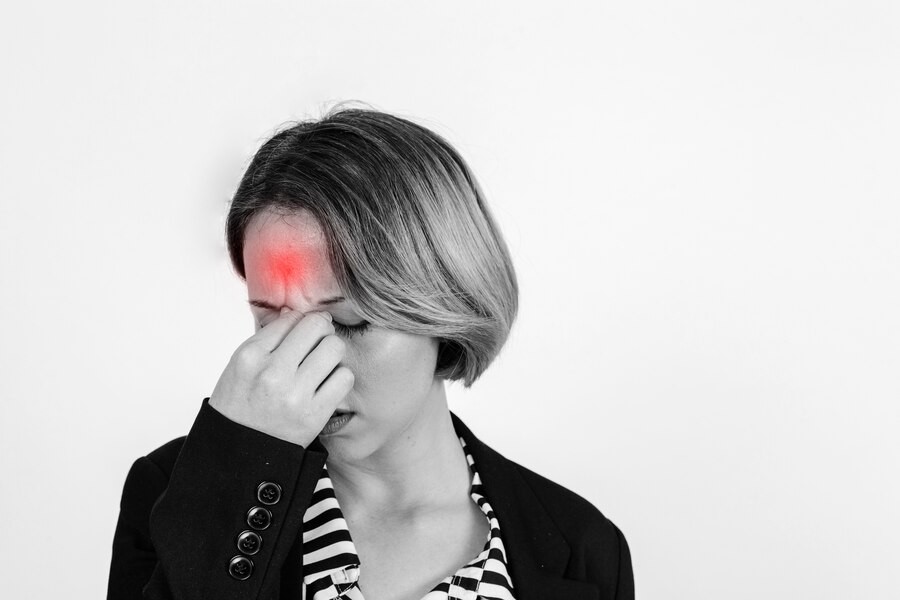Headaches are a common ailment with a variety of triggers, but one type that’s often overlooked is the hunger headache. This kind of headache typically occurs due to low blood sugar levels or dehydration, especially when meals are delayed.
What is a Hunger Headache?
A hunger headache, as the name suggests, happens when your body doesn’t have enough energy to function properly. This is often linked to hypoglycemia, a condition where blood sugar levels drop below the normal range.
Blood sugar is the primary energy source for the body, including the brain, which heavily relies on glucose to perform at its best. When glucose levels dip, the brain reacts by causing a headache.
Along with low blood sugar, dehydration can also trigger hunger headaches. When meals are missed, fluid intake may be insufficient, leading to dehydration. Dehydration causes blood vessels in the brain to constrict, which can contribute to headache pain.
Hunger headaches may also be triggered by the release of stress hormones, muscle tension, or withdrawal from caffeine for those who regularly consume caffeinated beverages.
Symptoms of Hunger Headaches
Hunger headaches tend to have specific characteristics that set them apart from other types of headaches. Common symptoms include:
- A dull, aching pain felt across the entire head, rather than just one side.
- A sensation of pressure or heaviness in the head.
- Accompanying feelings of weakness, fatigue, or a lack of energy, signaling that the body is low on fuel.
- Difficulty concentrating and mild confusion, as the brain struggles to function properly.
- Increased restlessness or anxiety due to hunger, which can affect your mood.
Other signs that often occur alongside hunger headaches are a rumbling stomach, intense hunger, or even nausea. If the headache is indeed caused by hunger, it usually fades after eating or drinking.
How to Prevent and Overcome Hunger Headaches
Thankfully, hunger headaches can be prevented and alleviated without the need for medication. Here are some practical tips to avoid them:
- Don’t skip meals and try to stick to a regular eating schedule.
- Opt for meals that are high in protein, fiber, and complex carbohydrates.
- Steer clear of foods high in sugar, as they can cause rapid spikes in blood sugar followed by quick drops, which may trigger headaches.
- Ensure you drink enough water throughout the day to prevent dehydration, which can contribute to headaches.
- Keep healthy snacks like fruits, nuts, or yogurt handy to prevent excessive hunger. Eating small snacks when you feel weak or hungry can stop the headache from worsening.
While hunger headaches are usually not dangerous, it’s important to be vigilant if the headache doesn’t subside after eating or drinking, or if it’s accompanied by more serious symptoms like severe dizziness, blurred vision, or fainting.
If the headache significantly impacts your daily activities, it's best to see a doctor to rule out other causes and receive the appropriate treatment. You can also consult a healthcare professional through the Ai Care app, which is available on both the App Store and Play Store.
Looking for more information about other diseases? Click here!
- dr Hanifa Rahma
Julia Knox (2024). What Is a Hunger Headache?. Available from: https://www.verywellhealth.com/hunger-headache-5184638
Collen Doherty, MD (2024). How Fasting Causes Headaches. Available from: https://www.verywellhealth.com/how-fasting-can-cause-a-headache-1719448
Cleveland Clinic (2022). Hunger Headache. Available from: https://my.clevelandclinic.org/health/diseases/22573-hunger-headache
Cleveland Clinic (2023). Hypoglycemia (Low Blood Sugar). Available from: https://my.clevelandclinic.org/health/diseases/11647-hypoglycemia-low-blood-sugar
Ann Pietrangelo (2023). The Effects of Low Blood Sugar on Your Body. Available from: https://www.healthline.com/health/low-blood-sugar-effects-on-body












